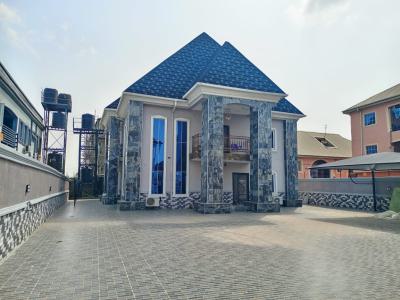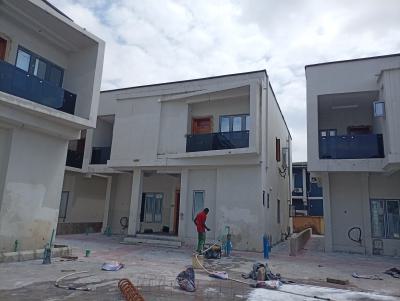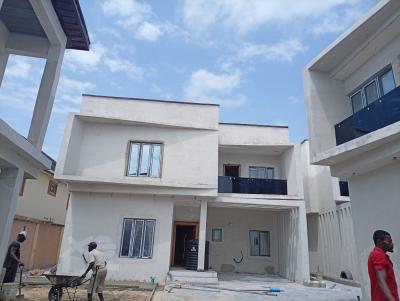Furnished Houses for Sale in Festac, Amuwo Odofin, Lagos
Quick Filters
Bedrooms Subtypes Areas Sub Areas Furnishing
3
How many furnished houses for sale in Festac, Amuwo Odofin, Lagos are available?
There are 3 available furnished houses for sale in Festac, Amuwo Odofin, Lagos.
You can view and filter the list of property by price, furnishing and recency.



